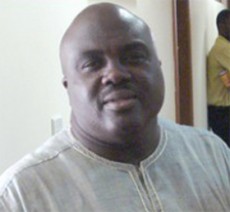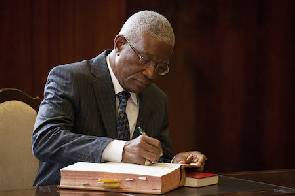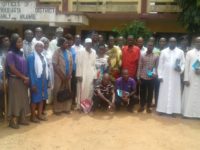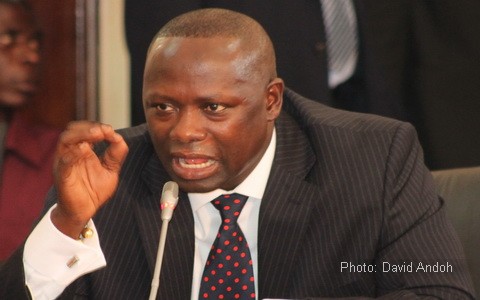 Mr Julius Debrah, Minister of Local Government and Rural Development, has commended the International Labour Organization (ILO) for its technical assistance in implementing the Ghana Social Opportunities Project (GSOP) under its Employment Intensive Investment Programme.
Mr Julius Debrah, Minister of Local Government and Rural Development, has commended the International Labour Organization (ILO) for its technical assistance in implementing the Ghana Social Opportunities Project (GSOP) under its Employment Intensive Investment Programme.
Mr Debrah made the commendation in Accra at a meeting with officials of ILO and the National Coordinator of GSOP on the achievement of the projects.
He said a partnership agreement was signed between Ghana, under the GSOP, and the ILO in 2011, to build capacity at the local level and to strengthen government’s decentralization programme nationwide.
The GSOP, funded by the International Development Agency, aim to improve targeting in social protection spending; increase access to cash transfers nationwide; expand employment and cash-earning opportunities for the rural poor during the agricultural off-season; and improve economic and social infrastructure.
He said the ILO was asked to provide assistance to the project through the formulation of a Labour Intensive Works Policy (LIPW) and through capacity building of project stakeholders involved in the LIPW Component.
Mr Debrah said the project was to achieve the desired objectives through Strengthening the Koforidua Training Centre’s capacity to cater for the demand for training within the GSOP and formulating a National Policy for Labour- Intensive Public Works (LIPW).
Mr Dejene Sahle, Senior Technical Expert of Employment Intensive Investment Programme of the ILO, said the outfit had been able to build capacity at the district level to manage LIPW projects in ensuring sustainable development.
He said through the projects, the communities’ involvement in the project, level of awareness and the transfer of skills to communities had increased the capacity of the local people.
Mr Sahle said the capacity of local small-scale contractors to carry out the LIPW work contracts had been improved and that the project provided the opportunity for a wide audience on the labour intensive technology training, which is a more integrated approach for public infrastructure.
The LIPW subprojects, he said, include rehabilitation and maintenance of rural feeder and access roads; rehabilitation of small dams, dugouts and related public infrastructure; as well as climate change management interventions.
Mr Sahle said the outfit had produced manual for the dam, road and climate change, which would be used as a source material for the country’s future employment creation projects.
Mr Robert E. Austin, National Coordinator of GSOP, said the objective of GSOP is to provide technical and other support, necessary to rationalize Ghana’s national social protection strategy to make it more cost-effective in reaching the poor.
He said in line with the current global practices, the project would support the formulation of social protection policy, scaling up of the LIPW and the Livelihood Empowerment Against Poverty programmes, designing and rolling out the Ghana National Household Registry for social protection programmes.
Mr Austin said beneficiaries of GSOP in the Sekyere-Afram Plains and Sekyere-Kumawu Districts in the Ashanti Region had appealed for the extension of the Project when it ends in 2015, saying, their livelihoods had improved significantly since the project implementation started in July 2011.





